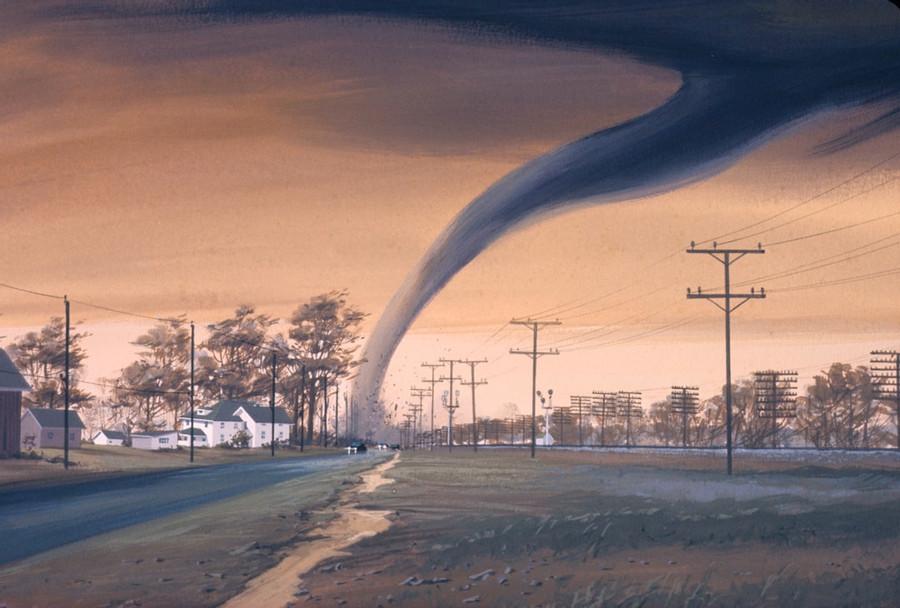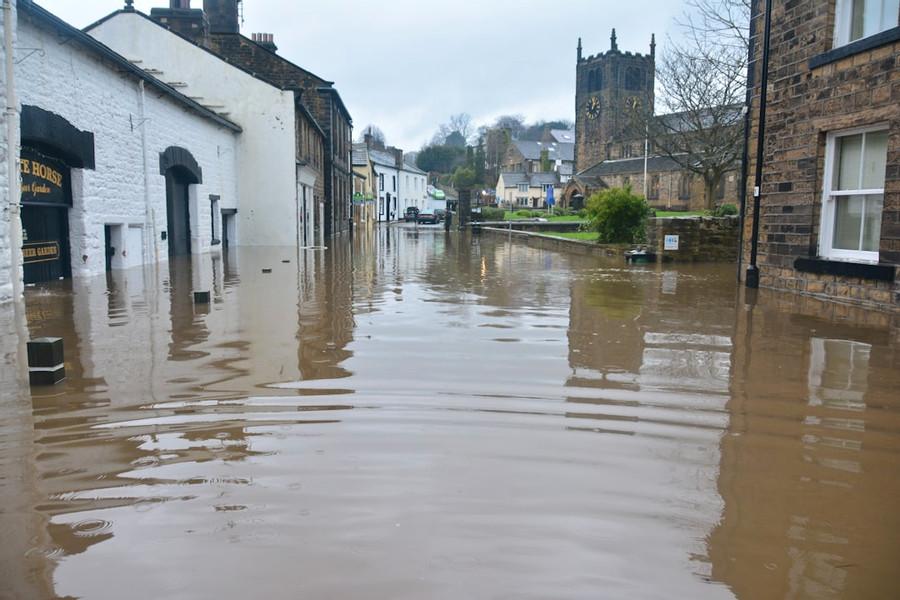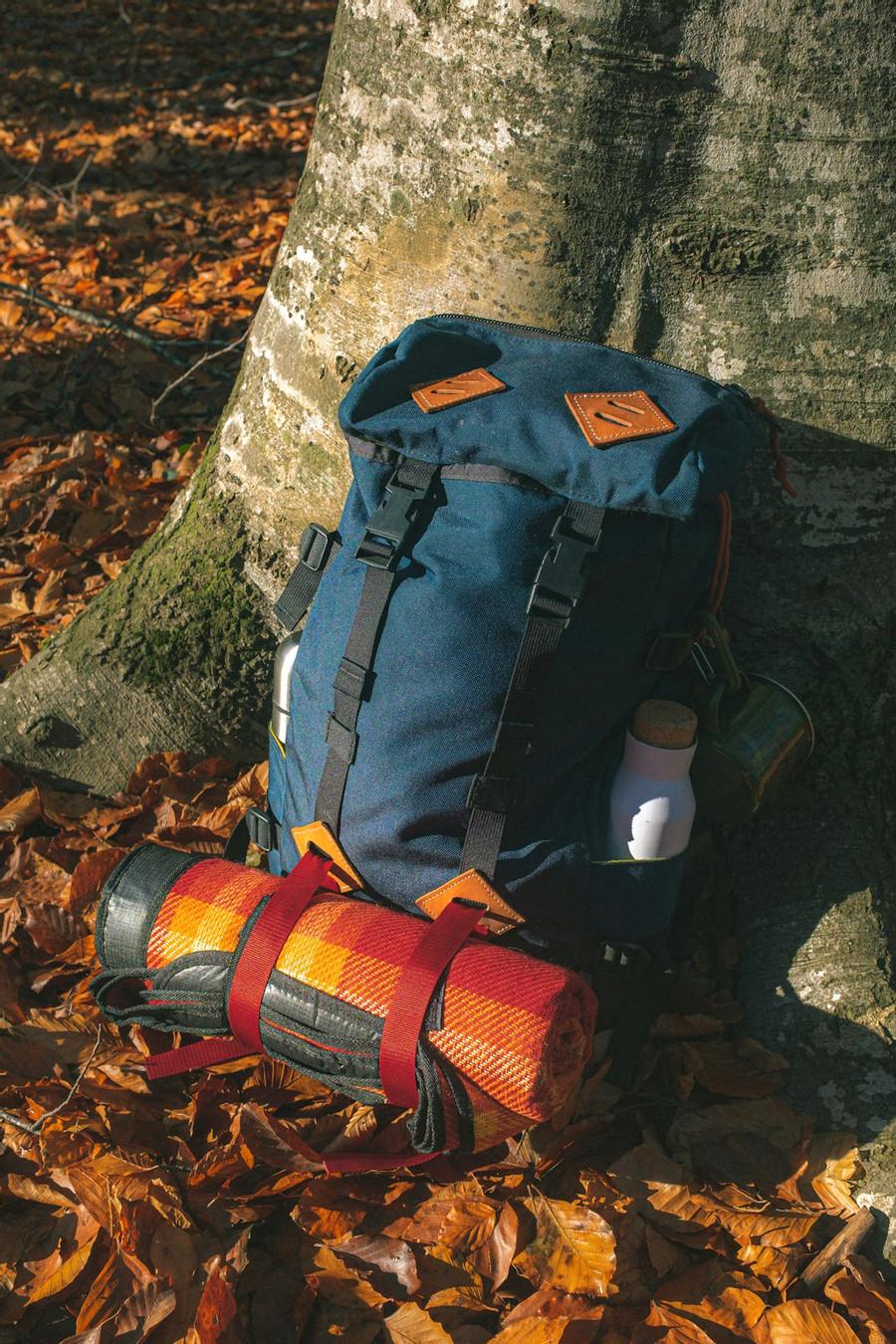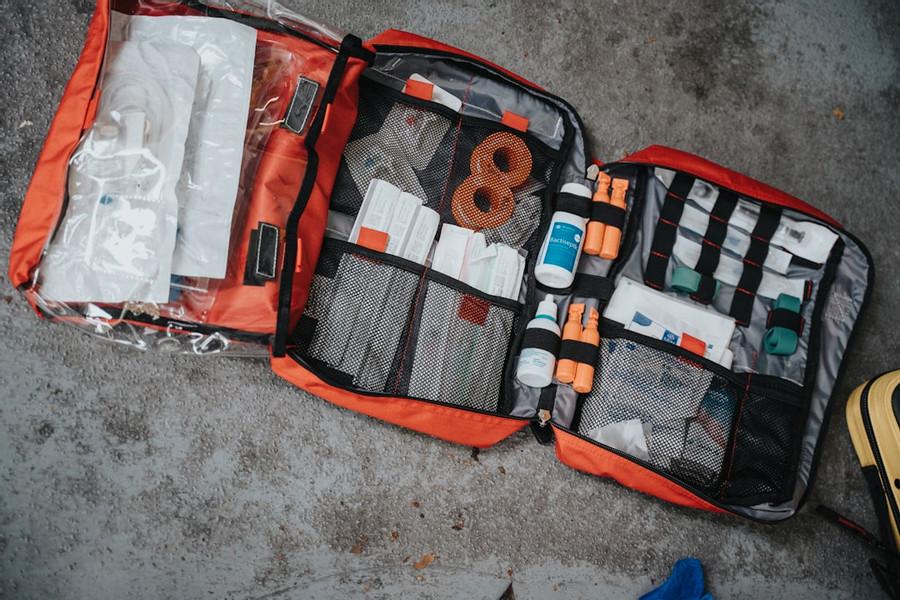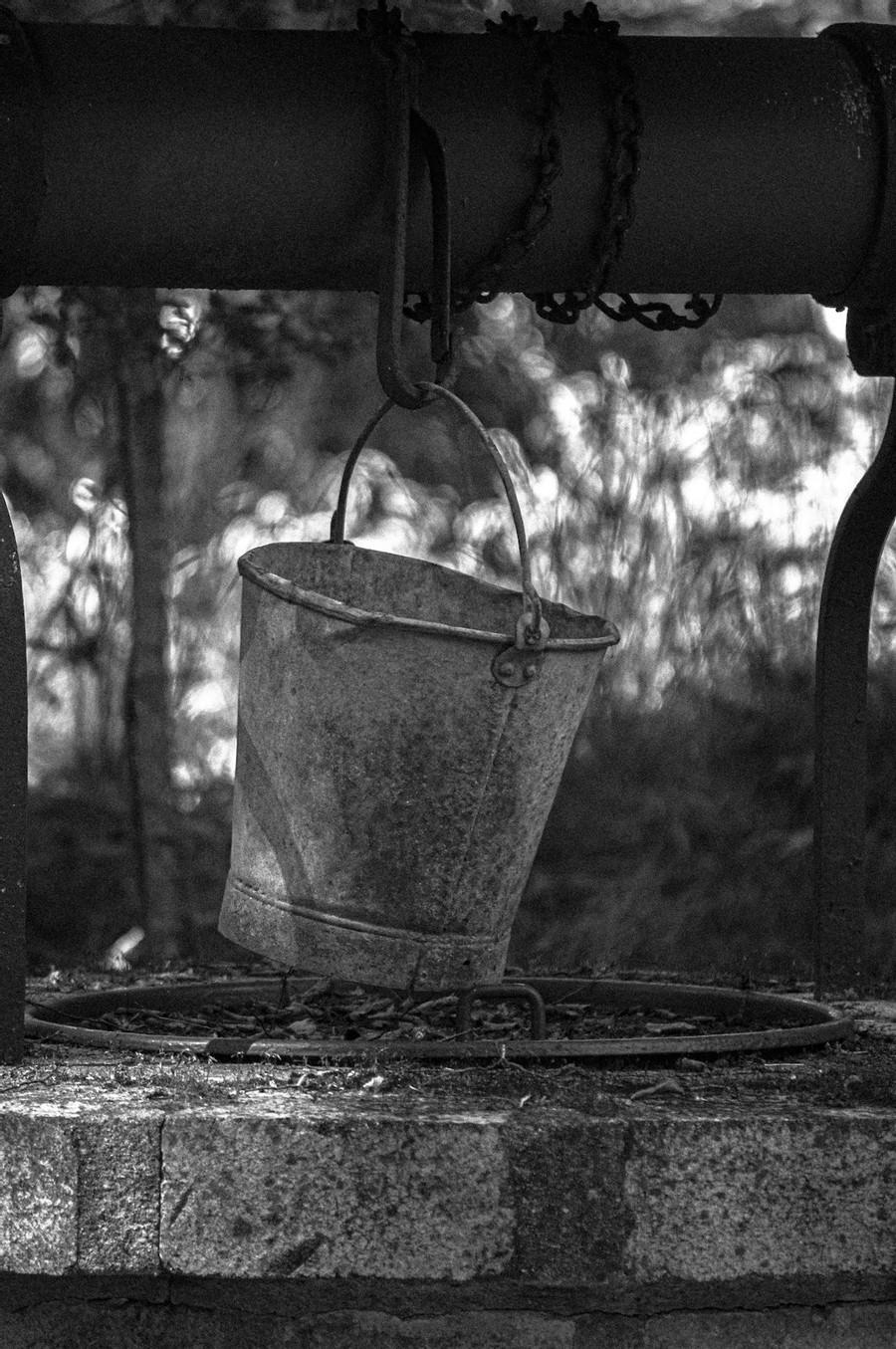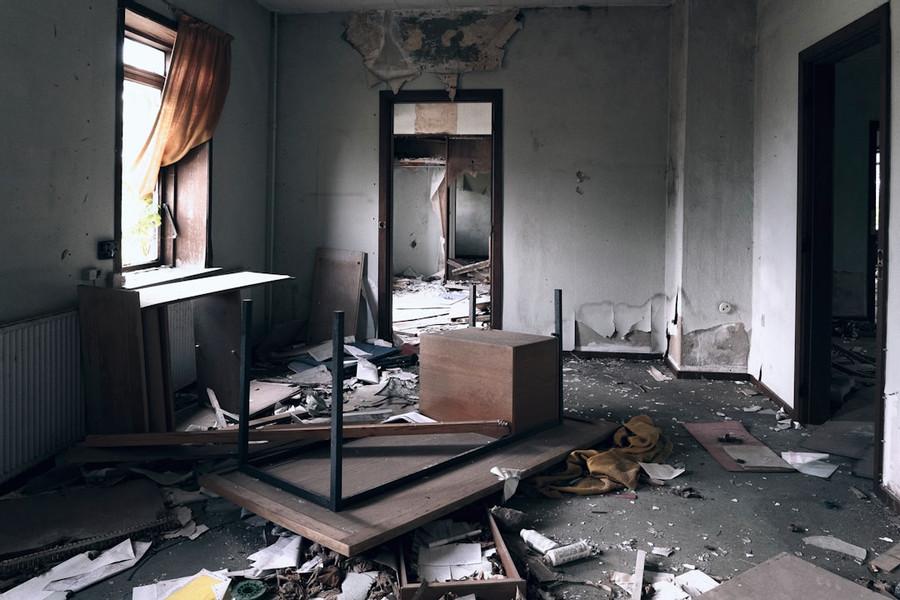How to Prepare Your Home for an Emergency, According to Experts
Curated from: goodhousekeeping.com
Ideas, facts & insights covering these topics:
12 ideas
·10.5K reads
34
1
Explore the World's Best Ideas
Join today and uncover 100+ curated journeys from 50+ topics. Unlock access to our mobile app with extensive features.
A Disaster Can Strike Anytime
Disasters are inevitable — at some point in our lives, almost all of us will have a brush with an earthquake, flood, tornado, blizzard or storm. But there's no use in worrying yourself sick; the best way to defend yourself against any emergency is to have a disaster preparedness plan.
Disaster prevention comes in many forms, from knowing what type of emergency to expect and packing an emergency preparedness kit to prepping your home and knowing how to return to it when the coast is clear. Follow these expert-sourced disaster preparedness tips to ensure you have a foolproof plan in place.
108
1.36K reads
The Various Kinds Of Disasters
- Earthquakes: They can happen in all states at any time of year.
- Wildfires: High risk in forested areas with little rain, such as Southern California.
- Floods: The most common natural disaster can hit anywhere, but especially in low-lying areas.
- Tornadoes: "Tornado Ally" includes the states of TX, OK, IA, KS, NE and OH, which are on alert from March to August.
- Blizzards: They can occur wherever the temperature drops below freezing.
- Storms and Hurricanes: The East and Gulf coasts are at high risk from June to November.
106
1.11K reads
Pack A Bag Of Essentials
If you have to leave your home in a hurry, you'll want to have some essentials packed and ready to go. Keep the following supplies, recommended by the Federal Emergency Management Agency, in a portable container or "go bag" in the area of your house where you'll take shelter.
112
1.06K reads
Emergency Kit List
- Three days' worth of food and water (at least a gallon per family member)
- Battery-powered (or hand crank) flashlights and radio
- Extra batteries
- First aid kit
- Whistle to signal for help
- Trash bags and duct tape, along with dust masks
- Wrench or pliers to turn off utilities
- Manual can opener for food
- Regional maps
- Cell phone with chargers, inverter or solar charger
- Moist towelettes and any personal sanitation or specific family needs, like pet supplies
- Some non-perishable snacks.
- An extra small flashlight.
- Some cash.
187
1.08K reads
Make an Action Plan
When things get chaotic, you want to make sure that every family member knows what to do. We suggest designating two meeting places (one close by and one a little further away in your neighbourhood) and hanging a map with the spots marked near your emergency kit.
Have important contacts written down if the power goes out and there's nowhere to charge your cell phone. Leave a copy in your emergency kit, too. Establish a plan for checking in with relatives in case local lines get jammed. Text messages will often go through, even when phone lines are clogged.
111
787 reads
Prepare Your Home
Keep important documents and papers that would be hard to replace sealed in a fireproof safe. If you have pets, make sure to include their vet records and their vaccination records; some vets and kennels won't admit your furry family without them.
Veterans should make sure to include your DD-214, verifying your proof of military service. If flooding is common in your area, put documents in a zip-top bag or waterproof container as well.
112
808 reads
List Of Important Documents
- Passports
- Birth and adoption certificates
- Shot records
- Social security cards
- Leases
- Titles
- Deeds
- Wills
- Rental agreements
If the power goes out and you have time, unplug appliances and electronics and turn off air conditioners, whether you stay or go. This will prevent damage when the electricity surges back on. Leave one lamp on so you'll know when the power's back.
Invest in a backup home generator to keep your home running through extended power outages
133
723 reads
Take Care Of The Water
If water lines could be affected, you'll also want to fill your tub and turn off the line. Use this H2O for sanitation, like hand-washing and pouring down the toilet to flush it. If there's a risk of flooding and you have the time, move valuable or hard-to-replace items like laptops, antiques and heirlooms to upper floors to keep them from getting water-logged.
108
783 reads
Food Shopping List
If you'll be inside for a while, weather the storm with nutrient-dense, shelf-stable items:
- Canned tuna/salmon
- Canned black beans
- Olives
- Mixed nuts
- Dry-roasted edamame
- Dry-roasted chickpeas
- Whole-grain instant rice
- Boxed grains like quinoa, buckwheat or sorghum
- Olive oil
- Olive oil/canola oil
- Low-salt veggie broth
- Canned tomatoes
- Canned veggies and other healthy canned foods
- Garlic powder
- Onion powder
- Chili seasoning
- Salt
- Pepper
- Soy sauce
- Tomato sauce
- Ketchup
- Mustard
140
669 reads
Return Safely
Don't let your family rush back into your home without taking these precautions.
Look for damage outside. Walk around the exterior and check for issues like loose or fallen power cables, damaged gas lines and cracks in the foundation or in beams. If you have trees nearby, carefully assess their stability.
Note sounds and odours: Especially hissing noises or a smell of gas.
Check inside. If the power is still out, use a flashlight (not a candle — open flames can burn items or cause gases to ignite) to assess the damage.
105
586 reads
Inspect And Document
Inspect appliances. For small appliances like coffee makers and toasters, look closely at the cords for fraying or exposed wires before using them again. Fridges, ranges and washers can be more complicated; call a service company to check the safety of connections and components, then replace anything that’s severely damaged.
Document the damage. It may be hard emotionally, but if you want to file an insurance claim, you’ll need a visual record of all the damage with clear pictures and thorough notes before you clean up.
105
625 reads
IDEAS CURATED BY
CURATOR'S NOTE
Be prepared early. Save your family.
“
Arthur Johnson's ideas are part of this journey:
Learn more about personaldevelopment with this collection
Basic survival skills
How to prioritize needs in survival situations
How to adapt to extreme situations
Related collections
Similar ideas
5 ideas
Best Non-Perishable Foods to Stockpile for an Emergency
realsimple.com
2 ideas
4 ideas
What to Do When the Power Goes Out
realsimple.com
Read & Learn
20x Faster
without
deepstash
with
deepstash
with
deepstash
Personalized microlearning
—
100+ Learning Journeys
—
Access to 200,000+ ideas
—
Access to the mobile app
—
Unlimited idea saving
—
—
Unlimited history
—
—
Unlimited listening to ideas
—
—
Downloading & offline access
—
—
Supercharge your mind with one idea per day
Enter your email and spend 1 minute every day to learn something new.
I agree to receive email updates

